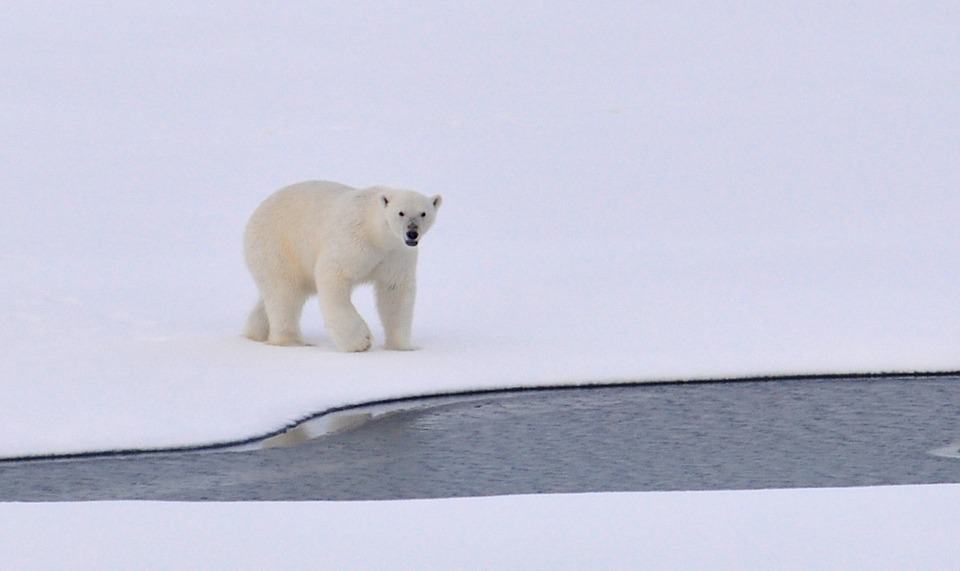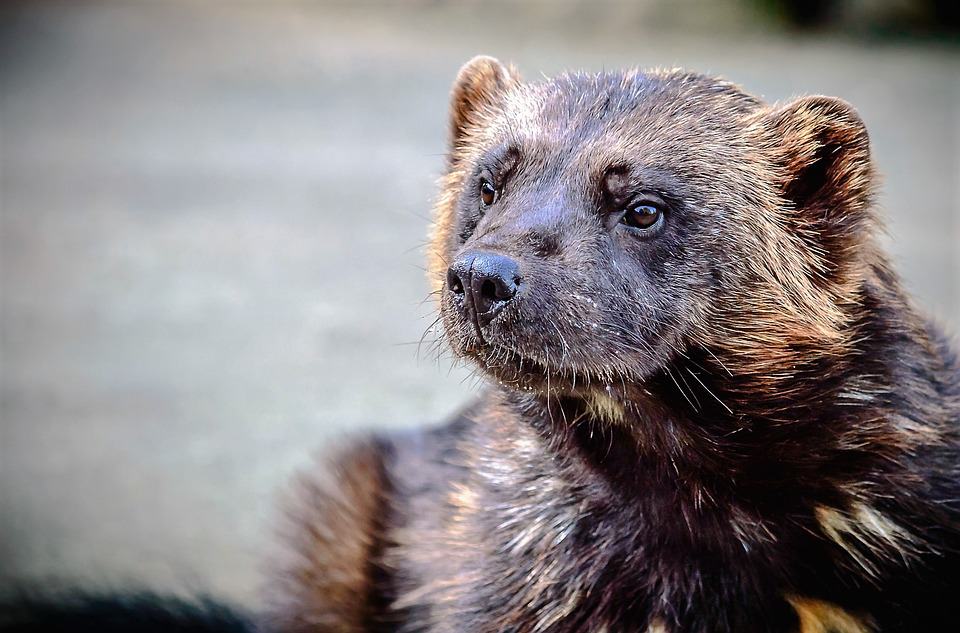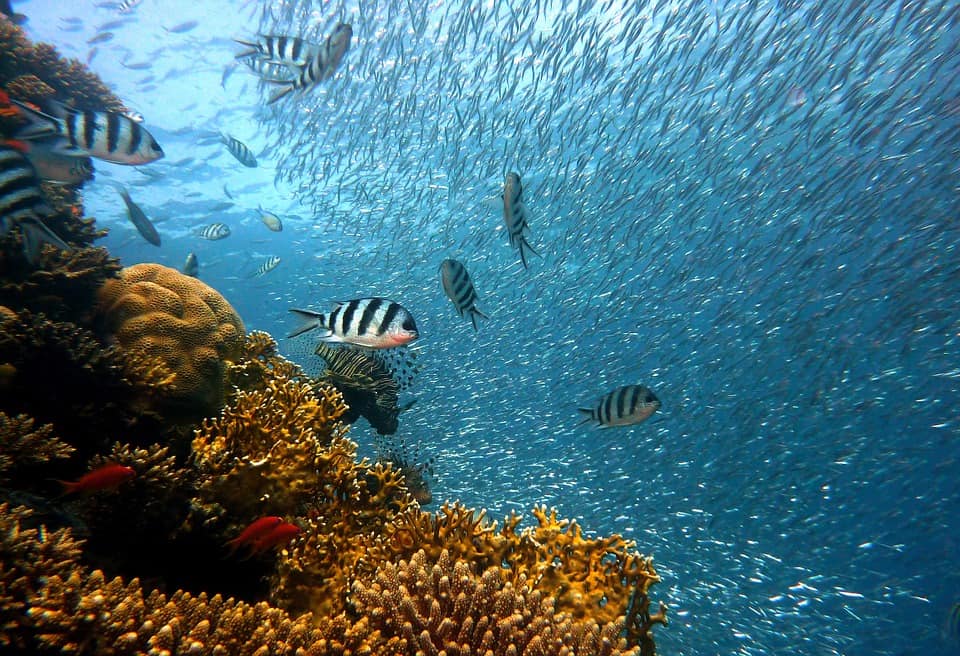
New research has found that the effects of climate change are occurring quicker than the rate that scientists described would be their worst fears. Together with this, studies have determined that it is not merely the polar bears and tropical marine life that are being impacted, but in fact, it is practically every living being on earth, including humans. Three recent studies have demonstrated how widespread the effects of climate change have already become. Bret Scheffers from the University of Florida, said, “It is reasonable to suggest that most species on Earth have been impacted by climate change in some way or another. Some species are negatively impacted and some species positively impacted.” Last year, Scheffers wrote a landmark Science study that concluded that the planet’s current temperature rise of just one degree Celsius has already impacted a total of “77 of 94 different ecological processes, including species’ genetics, seasonal responses, overall distribution, and even morphology – i.e. physical traits including body size and shape”, according to recent reports.
Just a few examples of these changes are “woodland salamanders shrinking in the Appalachian Mountains; the long-billed, Arctic-breeding red knot producing smaller young with less impressive bills leading to survival difficulties. Marmots and martens in the Americas are getting bigger off of longer growing seasons produce more foodstuffs, while the alpine chipmunks of Yellowstone National Park have actually seen the shape of their skulls change due to climate pressure.” In addition to this, climate change is also impacting the genetics of species, including the evolution of pink salmon genetics which means that they are now migrating earlier.

Scheffers explained the implications of these changes by stating, “In many instances, genetic diversity is being lost due to climate change, not just in nature but also in resources that humans depend on such as crops and timber. It is important to not confuse species responses and adaptation as an indicator that everything will be okay.” A study in Nature Climate Change in February by Scheffers and his colleagues found that 47 percent of land mammals and 23 percent of birds have already suffered various negative impacts due to climate change. Co-author of the study, James Watson, from the University of Queensland said in a press release, “There has been a massive under-reporting of these impacts”. He explained that the IUCN Red List, which is the list of the world’s threatened species, is not an up to date listing of how many animals are in danger of extinction, and therefore species could be vanishing without anyone realizing until much later when it is already too late.
A third study found that, as a result of climate change, more than 450 plants and animals have undergone local extinctions, meaning that an animal completely vanishes from a portion of their range where they are usually found. The study’s author, John Wiens from the University of Arizona, said, “If global warming continues, species that cannot change or move quickly enough may go globally extinct.” Such instances have already occurred in the past, and an example of this is when scientists discovered just last year that the Bramble Cay melomys – an Australian rat-like rodent – went extinct recently due to rising seas inundating its tiny coral island. It was the first mammal to be confirmed extinct due to climate change.

Scheffers worryingly pointed out that, “We now have evidence that entire ecosystems, some the size of entire states within the USA, are changing in response to climate change.” He used the example of kelp forests that he said “are dying” and being replaced by rocky, less-productive ecosystems. The original kelp forests were crucial in providing essential nurseries for fish, protecting the coastlines against worsening storm surges, storing vast amounts of carbon, and providing homes for species such as sea otters. However, the warming waters combined with ocean acidification is taking its toll. Scheffers is expecting a lot more “ecosystem shifts” in the future, and Wiens stated that,
“Given what we are seeing now, just imagine what will happen to all these species when temperatures increase by four of five times that amount.”
Heavily reducing and eventually getting rid of the world’s use of fossil fuels is crucial, as scientists have predicted that if this does not happen soon, the temperatures could rise by 4-5 degrees Celsius by the end of the century, which would be apocalyptic considering how much change has recently occurred on the planet with just a 1 degree temperature rise. Scheffers concluded,
“One thing that is certain is that this global response to climate change points to an increasingly unpredictable future for humans.”
What are your thoughts? Please comment below and share this news!


